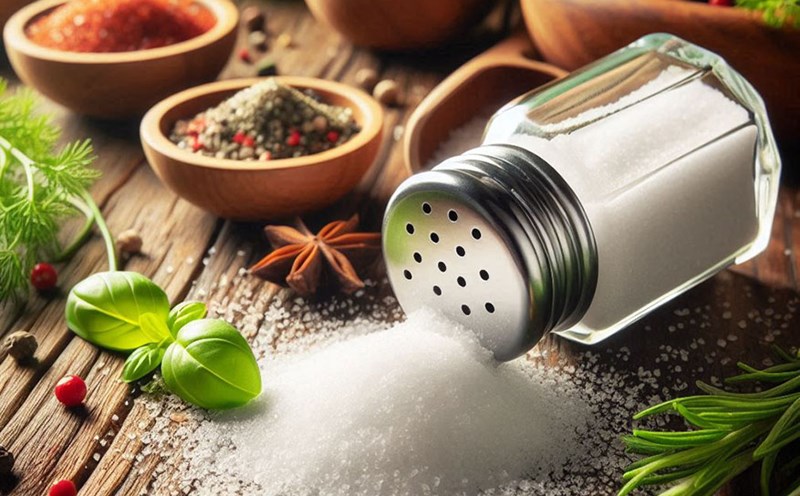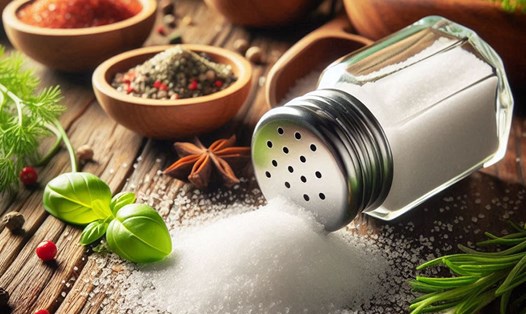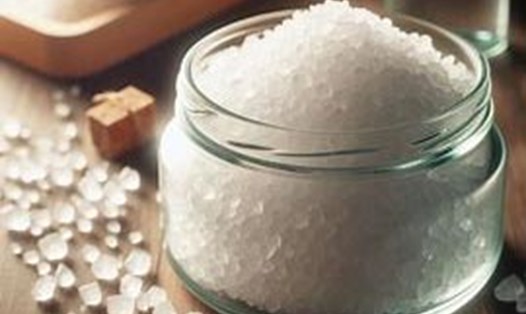Understanding epsom salt
Dr. Navita Purohit Vyas, a pain management consultant at Kokilaben Dhirubhai Ambani Hospital, Mumbai (India), said that epsom salt bathing is a skin cleansing and muscle relaxation method that has been used for centuries and is now being advertised by many content creators on social networks as a miraculous solution to two common problems that many people experience insomnia and stress.
Users often dissolve epsom salt in a bath or bucket and share a feeling of relaxation after soaking in water.
Some people think that this therapy helps them sleep better, while others believe that magnesium in epsom salt will penetrate the skin when soaked in warm water.
Epsom salt, or magnesium sulfur, is a natural mineral compound that contains magnesium, sulfur and oxygen. Magnesium is an essential mineral involved in more than 300 biochemical reactions in the body, helping to regulate sleep, reduce stress and support many other body functions, from energy production to regulating blood pressure.
Can the body absorb magnesium through the skin when bathing in epsom salt?
Dr. Navita Purohit Vyas said that although the theory suggests that magnesium and sulfur can be dissolved in water and penetrate through the skin, there has been no scientific research to prove that epsom salt has a significant effect on the body or helps improve sleep.
Sharing the same view, Dr. Guru Prasad, an internist at CARE Hospital, Banjara Hills, Hyderabad (India), believes that the effectiveness of epsom salt is largely based on traditional beliefs, without solid scientific basis.
"Although magnesium can be dissolved in water, it only exists in a miniature form, not enough to have a therapeutic effect. In addition, the skin has a strong protective effect, unable to absorb large amounts of magnesium," says Dr. Guru Prasad.
So why does bathing in Epsom salt still help relax?
Dr. Navita Purohit Vyas explains that soaking in warm water helps reduce swelling and pain, while relaxing muscles, reducing stress and even lowering blood pressure.
Dr. Guru Prasad also emphasizes that the feeling of relaxation after hot showers is mainly due to the expansion of pores, which helps release sweat and natural oils, not necessarily epsom salt.











